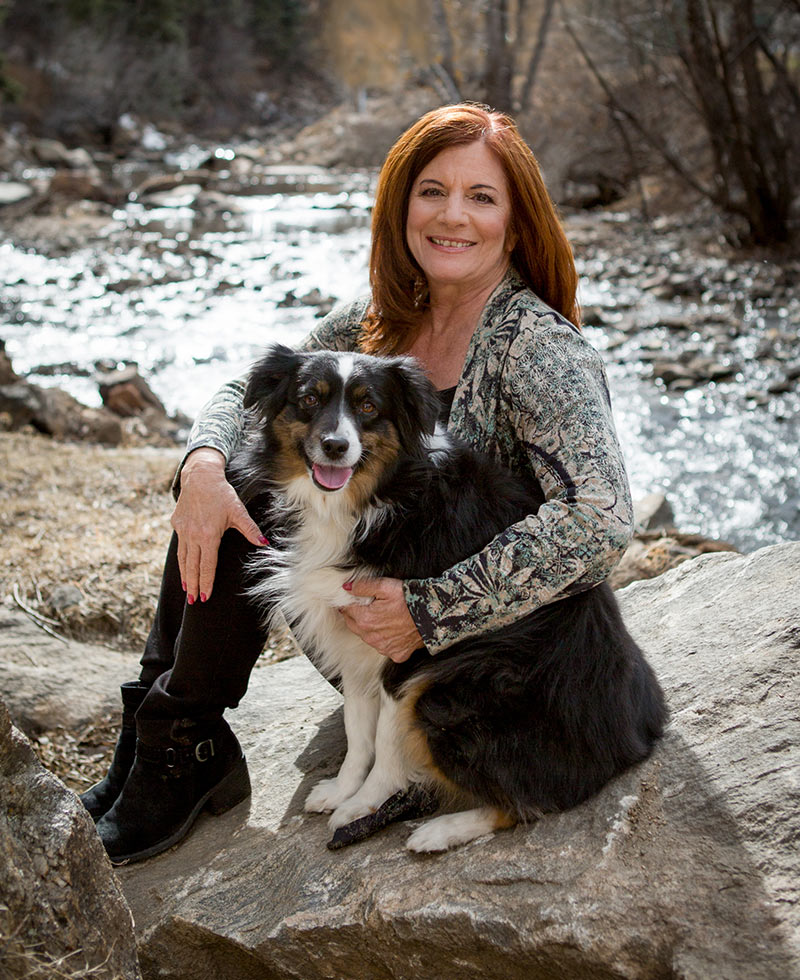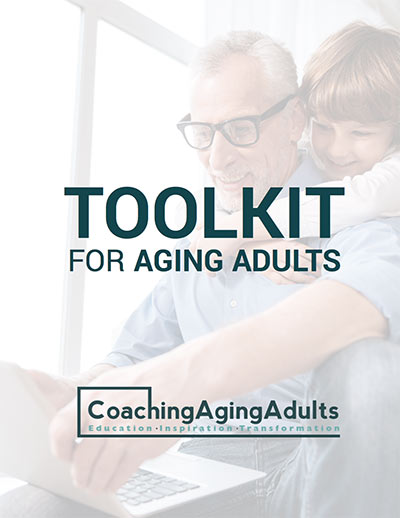As we age, concerns about cognitive decline become increasingly relevant. While many attribute Alzheimer’s disease to genetics, research tells a different story. The majority of Alzheimer’s cases are not predestined by our DNA. In fact, experts suggest that up to 80% of dementia cases can be prevented by addressing various lifestyle and dietary factors. This empowering insight is at the heart of the newly launched Alzheimer’s Prevention Day on May 15th, spearheaded by leading brain health scientists worldwide.
Understanding Alzheimer’s: Beyond Genetics
Contrary to popular belief, only about 1 in 100 cases of Alzheimer’s are directly caused by genetic factors. This means the vast majority of cases are influenced by other elements within our control. Professor Jin-Tai Yu from Fudan University in Shanghai emphasizes that targeting known risk factors, such as dietary and lifestyle changes, can significantly reduce the risk of developing dementia.
Key Strategies for Alzheimer’s Prevention
1. Nutritional Interventions: B Vitamins and Omega-3
Diet plays a critical role in brain health. Research by Professor David Smith from the University of Oxford has shown that B vitamin supplements, when combined with sufficient omega-3 fatty acids (found in oily fish), can reduce brain shrinkage by up to 73%. Omega-3 fatty acids are essential for brain function, and experts like Dr. Bill Harris advocate for the regular consumption of omega-3-rich fish, such as salmon, mackerel, sardines, and herring, or through supplementation.
2. Sugar and Carbohydrate Management
Excessive sugar intake, particularly fructose found in fruit juice and processed foods, is a significant contributor to Alzheimer’s. Dr. Robert Lustig advises saving sugar for dessert and minimizing its presence in everyday meals. Additionally, Alzheimer’s is often referred to as “type 3 diabetes” due to its association with insulin resistance. Dr. Georgia Ede recommends a ketogenic diet to improve insulin resistance and provide the brain with ketones from fat, which serve as an alternative energy source.
3. Alcohol Consumption
Heavy alcohol use is a strong modifiable risk factor for early dementia. In the US alone, 61 million people binge drink. Psychiatrist Dr. Chris Palmer from Harvard Medical School stresses the importance of moderating alcohol intake to lower dementia risk.
4. Physical Activity and Sleep
An active lifestyle is crucial for preventing cognitive decline. Tommy Wood, an assistant professor of neuroscience at the University of Washington, highlights the benefits of improving muscle mass and strength. Even starting exercise later in life can have significant benefits. Adequate sleep is also essential for brain recovery and overall health. This is good for our overall health, so now is the time to start a new routine.
Practical Steps for a Brain-Healthy Lifestyle
Taking charge of our cognitive health involves making informed lifestyle choices. Here are some practical steps:
Eat a Brain-Healthy Diet:
- Include foods rich in B vitamins and omega-3 fatty acids.
- Reduce sugar intake, especially fructose from processed foods and fruit juices.
- Consider a ketogenic diet to manage insulin resistance.
Exercise Regularly:
- Engage in activities that build muscle mass and strength, such as weight training or resistance exercises.
- Aim for at least 150 minutes of moderate aerobic exercise per week.
- However, anything is better than nothing, so get off the couch and go for a walk!
Moderate Alcohol Consumption:
- Limit alcohol intake to reduce the risk of early dementia.
- Be mindful and know you can enjoy a drink, just don’t overdo it.
Prioritize Sleep:
- Aim for 7-9 hours of quality sleep each night to support brain recovery and function.
- Even resting counts, if sleep does not come easy to you.
Empowerment Through Lifestyle Choices
The beauty of Alzheimer’s prevention lies in the fact that our daily choices can significantly influence our brain health. New York Times best-selling author and neurologist Dr. David Perlmutter points out that we are the architects of our brain’s destiny through the simple lifestyle choices we make. This sense of empowerment is a cornerstone of Alzheimer’s Prevention Day.
Know that doing something is better than doing nothing.
Resources and Further Actions
To support individuals in making these crucial lifestyle changes, the website alzheimersprevention.info offers a 3-minute Alzheimer’s Prevention Check. This tool helps identify personal risk factors and provides actionable steps to lower future risk. Additionally, each expert involved in the campaign has recorded a 3-minute film highlighting a single action anyone can take to prevent Alzheimer’s. These resources are designed to educate and motivate individuals to take proactive steps toward brain health. Lots of good videos to watch and learn.
Changing the Paradigm
Alzheimer’s takes several decades to develop, and we now largely understand what drives it. Patrick Holford from the prevention charity Food for the Brain underscores the importance of shifting our focus toward prevention. By making small, manageable changes in our diet and lifestyle, we can significantly impact our cognitive health and reduce the risk of Alzheimer’s.
In conclusion, Alzheimer’s Prevention Day is not just a call to awareness but a call to action. By embracing the scientifically proven strategies for prevention, we can take charge of our cognitive future and enjoy a healthier, more vibrant life as we age. Let’s make prevention a reality, starting today.



